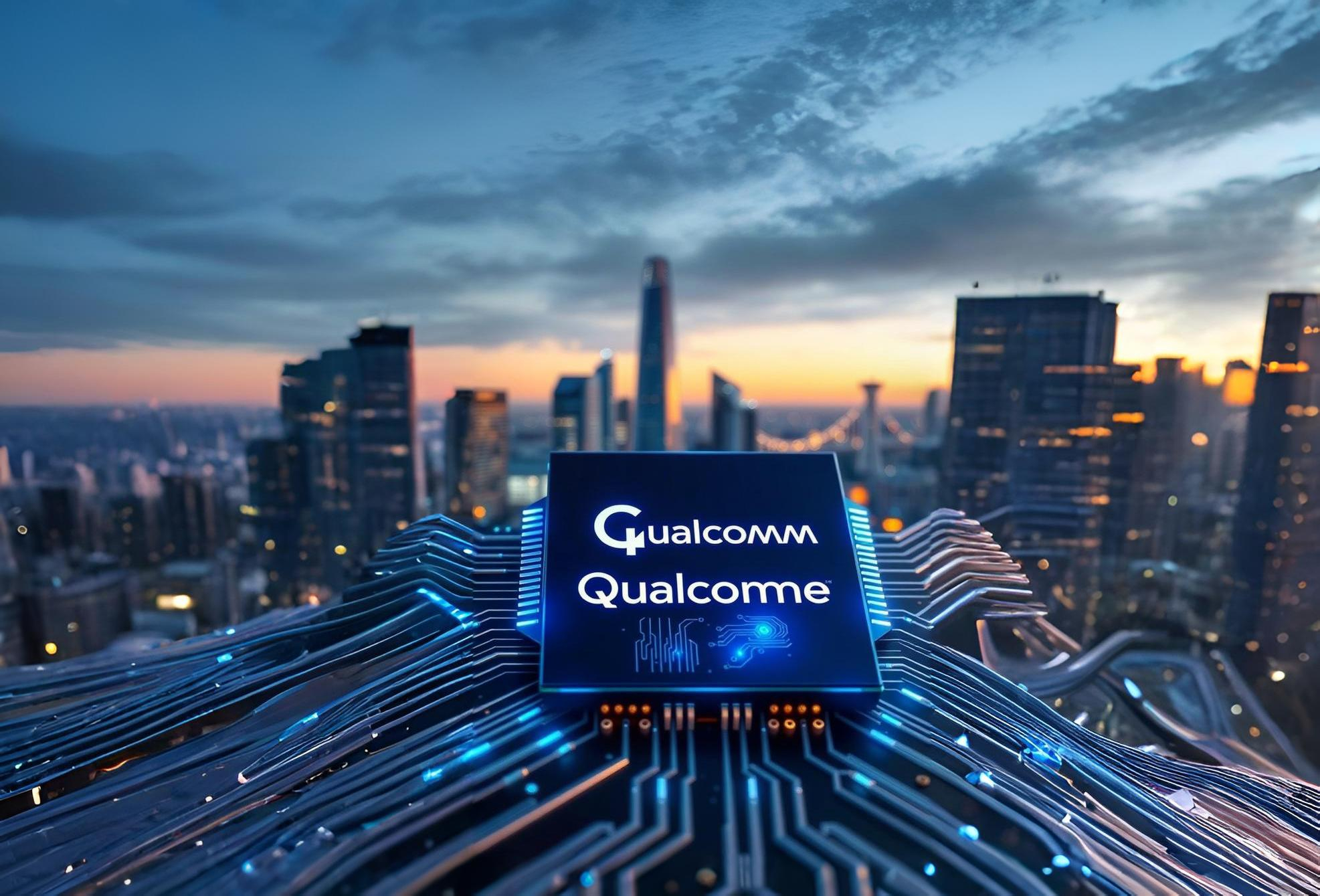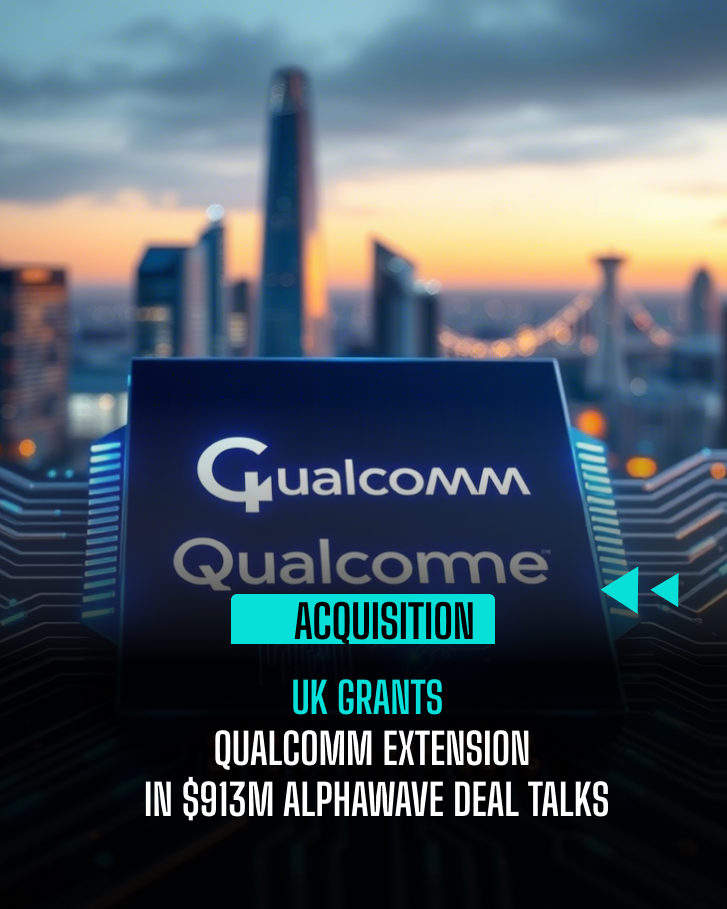The UK Takeover panel has granted U.S. chip giant Qualcomm more time to decide whether to formally bid for Alphawave IP Group , now known as Alphawave Semi. The new deadline? May 12, 2025. It may not seem like much, but in the world of tech mergers, two extra weeks can change everything.
You may not hear its name every day, but Alphawave Semi sits on technology that powers our digital world quite literally. The UK-based (but Toronto-headquartered) company is known for its serializer/deserializer or serdes technology. If that sounds technical, it is. But here’s the gist: serdes acts like the highway system for data inside AI chips, helping them transfer vast amounts of information at lightning speed.
Every time a data center processes your voice command, a financial algorithm runs, or a self-driving car navigates traffic, serdes technology is doing the heavy lifting behind the scenes. It’s no wonder analysts believe Alphawave’s intellectual property is a cornerstone of future AI infrastructure.
“Serdes is to high-performance computing what fiber-optic cables are to the internet,” says Mario Morales, an analyst at IDC. “Without it, the data bottlenecks would crush performance.”
That strategic value is reflected in Alphawave’s market moves. Its stock soared by more than 52% in a single day on April 1, hitting 142.9 pence, giving the company a valuation of approximately £708.2 million (about $913 million). But as of April 29, its shares had cooled to 122.4 pence — a reminder that markets are watching every development closely.
So why is Qualcomm, already a dominant force in wireless tech and smartphone chips, eyeing Alphawave?
The answer lies in Qualcomm’s broader push into AI. Over the past year, the California-based firm has been scooping up smaller players like VinAI’s generative AI division and Edge Impulse, which develops AI software tools.
Adding Alphawave would deepen Qualcomm’s hardware capabilities, especially in the area of custom chips used for machine learning, data centers, and edge computing.
By acquiring Alphawave’s serdes expertise, Qualcomm could better compete with heavyweights like Nvidia, Intel, and AMD, all of whom are racing to deliver faster, more efficient AI chips.
“Qualcomm needs every edge it can get in this space,” says Ryan Shrout, president of tech consultancy Signal65. “Owning Alphawave’s IP gives it a leg up in building next-gen AI accelerators, especially as Nvidia dominates both software and hardware ecosystems.”
What’s Slowing Things Down?
Despite the strategic logic, this is far from a done deal. One major factor is regulatory risk. With semiconductor supply chains under tight global scrutiny, not to mention national security concerns, a transatlantic deal like this will attract watchdog attention.
The UK government, still cautious after the controversial sale of chipmaker Arm to SoftBank, may be wary of another prized tech asset leaving British hands.
Then there are the geopolitical clouds. Alphawave recently cited the “rapidly developing nature” of U.S. tariffs as a reason for not issuing financial guidance.
The company previously exited the Chinese market, which hurt its 2024 sales a red flag for Qualcomm, which must weigh whether Alphawave’s global footprint poses more risk than reward.
Adding to that, Alphawave’s share price has been volatile. From a high of 473.6 pence in August 2021, it’s now trading at less than a third of that, reflecting investor concerns over its uneven performance and exposure to global tensions.
If Qualcomm proceeds, the impact will go beyond just two companies. For Alphawave, a takeover could provide the funding and global sales infrastructure to fully realize its ambitions but it would also mean another UK-born tech firm absorbed by a foreign power.
That has drawn criticism in some political circles, especially as the UK government pushes for domestic innovation in AI and microelectronics.
For Qualcomm, it’s a chance to leap ahead in the AI arms race, at a time when every chipmaker is scrambling to carve out dominance in everything from smart devices to autonomous vehicles.
If the deal falls through, Alphawave might attract new bidders or be left to navigate turbulent markets alone. Qualcomm, meanwhile, would have to look elsewhere to strengthen its AI backbone.













